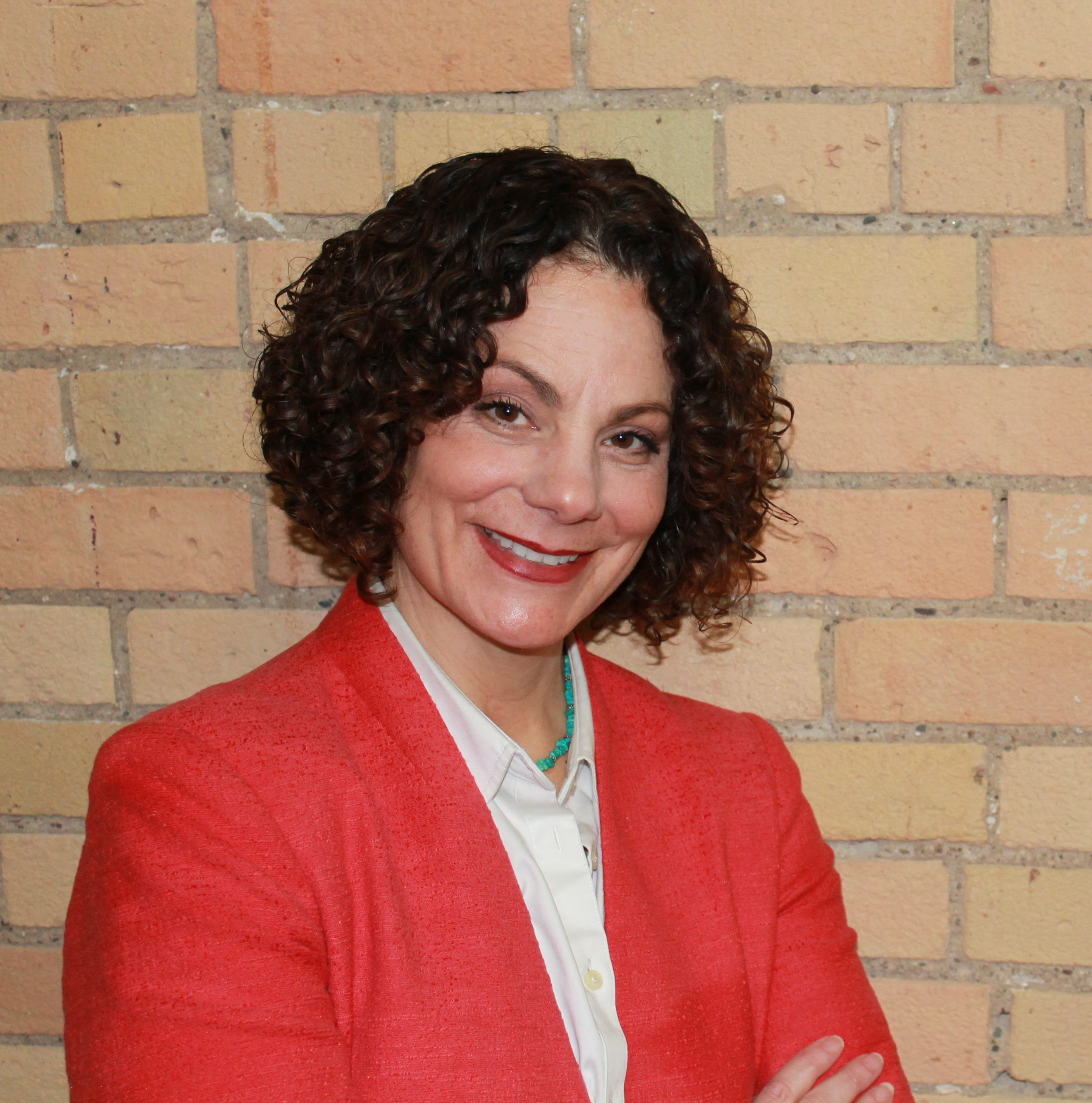 |
| National Alliance of Community Economic Development Associations | April 23, 2020 |
Policy UpdateNACEDA Advocates for Equitable Paycheck Protection Program NACEDA, our members in key legislative districts, and national community development partners raised alarms to Members of Congress that underserved businesses and nonprofits were finding it very difficult to access forgivable loans through the Paycheck Protection Program (PPP)—and that funds were flowing disproportionately to the preferred customers of larger financial institutions. The Small Business Administration ran out of the $349 billion designated by the CARES Act to fund PPP funds in just 13 days. NACEDA recommended six specific fixes to ensure that underserved small businesses and nonprofits get rapid and equitable access to resources. On April 21, the Senate passed a bill that would increase PPP funding by $310 billion. NACEDA and our partners are hopeful that lending institutions serving minority or underserved areas—including community development financial institutions and minority depository institutions—will be allowed to participate as PPP lenders and will be provided a set-aside. CARES Act Commits $5 Billion to CDBG The CARES Act committed $5 billion to CDBG with $2 billion in direct funding to states and localities under the CDBG program’s current formula and $1 billion that will go directly for states to prevent, prepare for and respond to the coronavirus. NACEDA members are working with their state and local agencies to identify the best possible use for these funds. The remaining $2 billion will be allocated by HUD. The CARES Act provides CDBG grantees with flexibilities that make it easier to use CDBG-CV grants and FY 2019 and 2020 CDBG Grants for coronavirus response and authorizes HUD to grant waivers and alternative requirements. Unlike the annual CDBG program, these dollars have no caps on the amount that can be sub-granted to non-profits that provide housing, education, childcare, elder services, and other services. Go to CDBG Infectious Disease Response on HUD Exchange. NACEDA and Partners Request $48 Billion in HOME FundingThe initial CARES Act did not fund the Home Investment Partnerships Program (HOME). NACEDA and other national organizations are urging Congress to appropriate $48 billion in HOME program funding to give states and localities the flexible funds they need to respond to problems as they emerge, including providing rental subsidies and funding for COVID-related operating expenses, mitigating the disruption to affordable housing units currently in construction, and scaling up the response to a worsening affordable housing crisis in the face of economic uncertainty. OCC and FDIC Fast Tracks Harmful CRA Rule ChangeThe comment period on proposed rule changes to the Community Reinvestment Act (CRA) ended on April 8 despite urgent calls from the NACEDA networks and other stakeholders to suspend rulemaking during the pandemic that would divert billions of dollars from low-and moderate- income communities. On April 9, Comptroller of the Currency Joseph Otting announced that more than 7,400 comments had been submitted and that the OCC would work toward issuing a final rule by early summer. NACEDA is deeply concerned that key stakeholders serving low-income communities did not have the capacity to focus on regulatory changes while facing dire health and economic situations in their communities, and that these changes will decrease the flow of capital to those who need it most for decades to come. Go to NACEDA.org/CRA to see news about new efforts to protect CRA by State Attorney Generals and Congressional Democrats, op-eds published by the NACEDA network, NACEDA's comment letter, and our call to suspend rulemaking signed by 32 state and regional associations for community development. Member Spotlight |
Thriving Networks
NACEDA Network Supports Low-Income Communities During Pandemic
NACEDA members from coast to coast are working to advance equitable pandemic relief that effectively serves low-income communities. They work with state and local governments to prevent evictions and foreclosures and helped direct flexible funding to small businesses and nonprofits. They also provide training and resources to community-based organizations on issues ranging from accessing PPP and other disaster dollars to communicating and leading through a crisis. For more information including state and regional policy platforms and resource pages from around the country, go to our COVID-19 Resources webpage.
Meet 3 New Leaders in the NACEDA Network
Roberto Barragán
Executive Director | California Community Economic Development Association
With more than 30 years of leadership experience in community lending and economic development, Roberto is a nationally-recognized expert on economic development loan funds, organization capacity building, and strategic resource generation. Over the last three years, he served as Chair and Vice Chair for the inaugural Federal Reserve Board of Governors Community Advisory Council. Roberto was one of 12 leaders profiled in Community Development Leadership: Early Visionaries Inspire Tomorrow's Success.
Elena Gaarder
Incoming CEO | Metropolitan Consortium of Community Developers
Elana is currently Director of Community Wealth Building at Nexus Community Partners in St. Paul, where she currently leads the organization’s Worker Ownership Initiative. She was brought on in 2013 to re-design their grant making approach for the East Side of St. Paul. Elena is known for her holistic approach and ability to build successful partnerships that advance community wealth building. A 2015 Bush Fellow, Gaarder served as the Executive Director of a number of neighborhood-based organizations.
Ben Stuckart
Executive Director | Spokane Low Income Housing Consortium
As the former Chair of the Spokane City Council and as a mayoral candidate, Ben persistently advocated for policies he believed would increase access to housing in the city’s increasingly tight market. He plans to make the consortium a central source for data and information about the availability and supply of low-income housing in Spokane in addition to lobbying for policies to increase affordable housing access at all levels of government.
Creative Places
Massachusetts Launches Creative Placemaking Award Program
The Massachusetts Department of Housing and Community Development released a NOFA in late 2019 for $5 million in grants through a Creative Placemaking Award Program. The program seeks to use creative place-making strategies to encourage intentional integration of the arts, culture, creativity, and design in comprehensive, community development that promote socially connected communities and resident well-being in state-supported public housing developments. Community development corporations are specifically mentioned in the NOFA as potential applicants or partners to help execute on the grants' requirements. NACEDA supported MACDC's creative placemaking exploration in 2016-2017.
ArtPlace Shares Learnings on How Arts Can Transform Community Development
ArtPlace America’s Community Development Investments program explored how six organizations incorporated arts and culture into their work as they grappled with local equity issues such as pressures of gentrification and displacement, health equity, affordable housing, and questions around the preservation and development of identity. A new issue brief by PolicyLink, How Organizations Evolve When They Embrace Arts and Culture, examines how they grew and changed internally in order to maximize the impact of this new approach. ArtPlace America will present three webinars featuring these Partnerships. The April 30 webinar: Working with Artists to Deepen Impact features artists and organizational leaders from the Zuni Youth Enrichment Project in New Mexico and the Fairmount Park Conservancy in Philadelphia.
Healthy Places
Health Partners Weigh In on CRA Rule Change
NACEDA partnered with the National Association of Chronic Disease Directors (NACDD) and Build Healthy Places Network to oppose proposed changes to the Community Reinvestment Act and call out the negative health impacts for low-income communities. NACDD CEO John Robitscher and NACEDA Executive Director Frank Woodruff co-authored the op-ed Redlining Returning? A Renewed Health Threat to Low-Income Communities. They wrote, "There is a direct relationship between the historical patterns of discrimination caused by redlining and disease and mortality rates, resulting in health “hot spots,” and community-based health challenges that still exist today... Put simply, gutting CRA will perpetuate health disparities and make communities sicker." NACDD submitted comments to the OCC and FDIC.
Build Healthy Places Network urged federal regulators to suspend CRA rulemaking until the end of the coronavirus health emergency. Their comment letter to the OCC and FDIC stated, "Ultimately, the proposed rule changes are a double threat to health systems. They undermine health systems’ ability to accelerate their investments—including with their community benefit grants and loans—and they cut off resources flowing into these neighborhoods to tackle social determinants of health."
How to Make the Case for Health Plans to Invest In Housing
Many federal and state policymakers, particularly those concerned with improving the health of Medicaid beneficiaries, are encouraging health insurers to take steps to address the social determinants of health. Community Catalyst's new issue brief provides information on the health plan regulatory and financial landscape and the feasibility and options for health plan investments into housing and community development. Read Healthy Investments: Leveraging Health Plan Capital for Affordable Housing and Community Development.
Job Postings
Thriving Networks VISTA (AmeriCorps)
NACEDA | Washington, DC
Housing Policy Organizer
Housing Action Illinois | Chicago, IL
President & CEO
Way Finders, Inc. | Springfield, MA
To post a job opportunity, contact Suzanne Gunther at sgunther@naceda.org. A $25 donation is suggested.
Funding Opportunities
COVID-19 Economic Response Advocacy Fund
Omidyar Network | Rolling applications in 2020 $1.5 million in 501c4 funding to support national, state, and local advocacy and organizing efforts aimed at passing economic stimulus to address the immediate toll of the COVID-19 pandemic on working people while reshaping our economic structure to ensure they are less vulnerable in the future.
Policies for Action: Research on Housing Policies That Promote Equity
Robert Wood Johnson Foundation | April 29 deadline
Grants of up to $250,000 to investigate the effectiveness of state, county, and city public policies aimed at increasing housing affordability and stability; addressing racial segregation and isolation from opportunity; and increasing access to opportunity-rich neighborhoods and place-based resources.
These are just a few of the funding opportunities posted on our website. Grant opportunities are updated throughout the month.
| Funding Opportunities |
P.O. Box 776
Urbana, Ohio 43078




